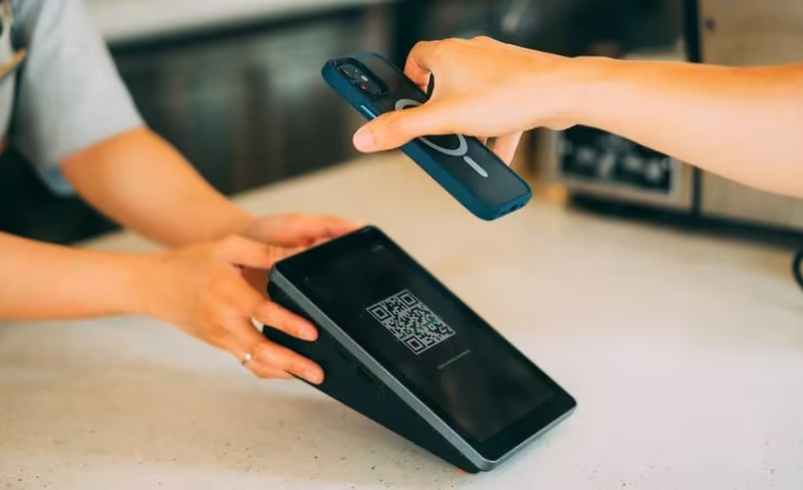QR Code Scams Surge as 73% of Americans Scan Without Verifying
- August 7, 2025
- 0

QR codes have become a staple in modern convenience, allowing users to access menus, make payments, and check into locations with ease. However, this convenience has also made them a target for cybercriminals. A recent increase in “quishing” attacks—phishing scams using QR codes—has been reported, with millions unknowingly visiting malicious websites. Alarmingly, 73% of Americans admit to scanning QR codes without verifying their legitimacy, putting their personal information and finances at risk.
Quishing involves replacing legitimate QR codes with fake ones that redirect users to harmful sites designed to steal personal data such as passwords and credit card information. These fake codes are often placed over genuine ones on payment portals or public signage, making them difficult to detect. Security researchers from NordVPN have revealed that over 26 million people have been deceived by these scams.
Government agencies like the FTC and the New York City Department of Transportation have issued warnings about the proliferation of fake QR codes on parking meters and packages. These scams are reminiscent of ATM skimming tactics but are more challenging to spot due to the nature of QR codes.
To safeguard against these scams, experts advise verifying the source of a QR code before scanning. Using reputable personal data removal services can help monitor and remove your information from public databases. Additionally, installing strong antivirus software and enabling two-factor authentication can provide an extra layer of security.
As quishing continues to rise, it is crucial for individuals to remain cautious when using QR codes. By taking preventive measures and staying informed, you can protect your personal and financial information from cyber threats.